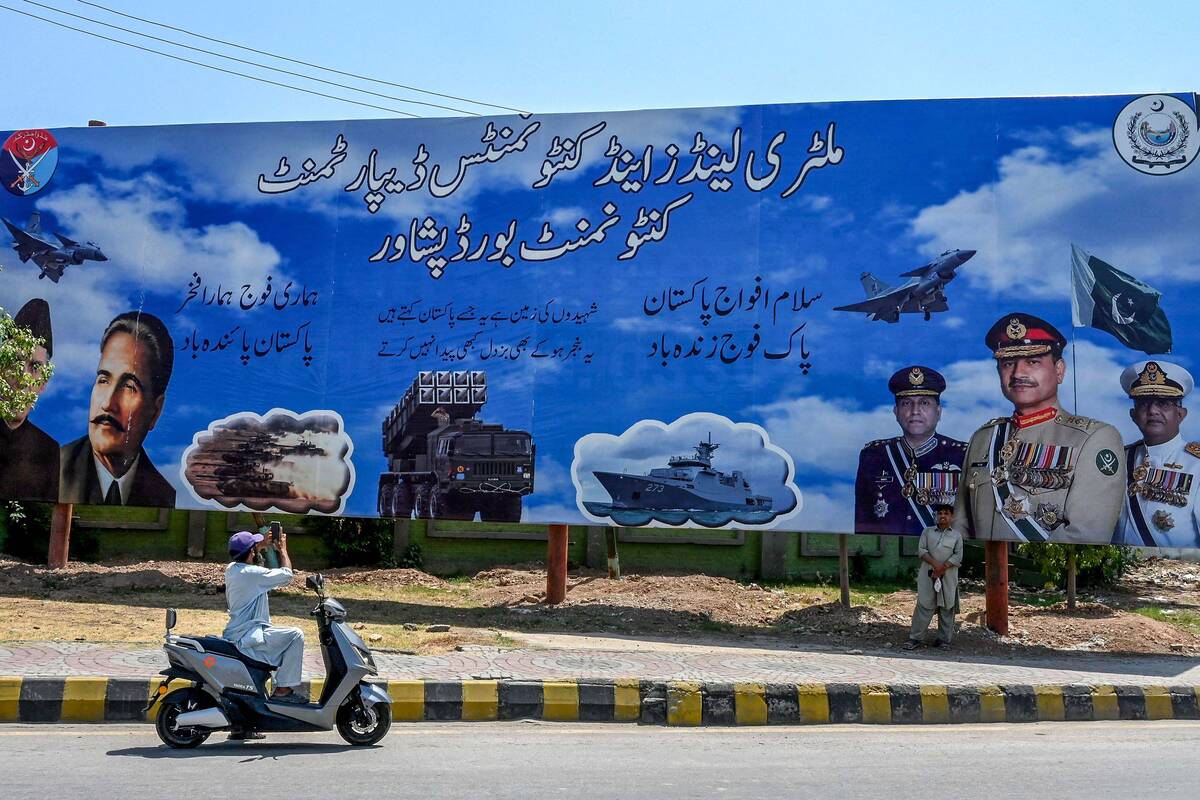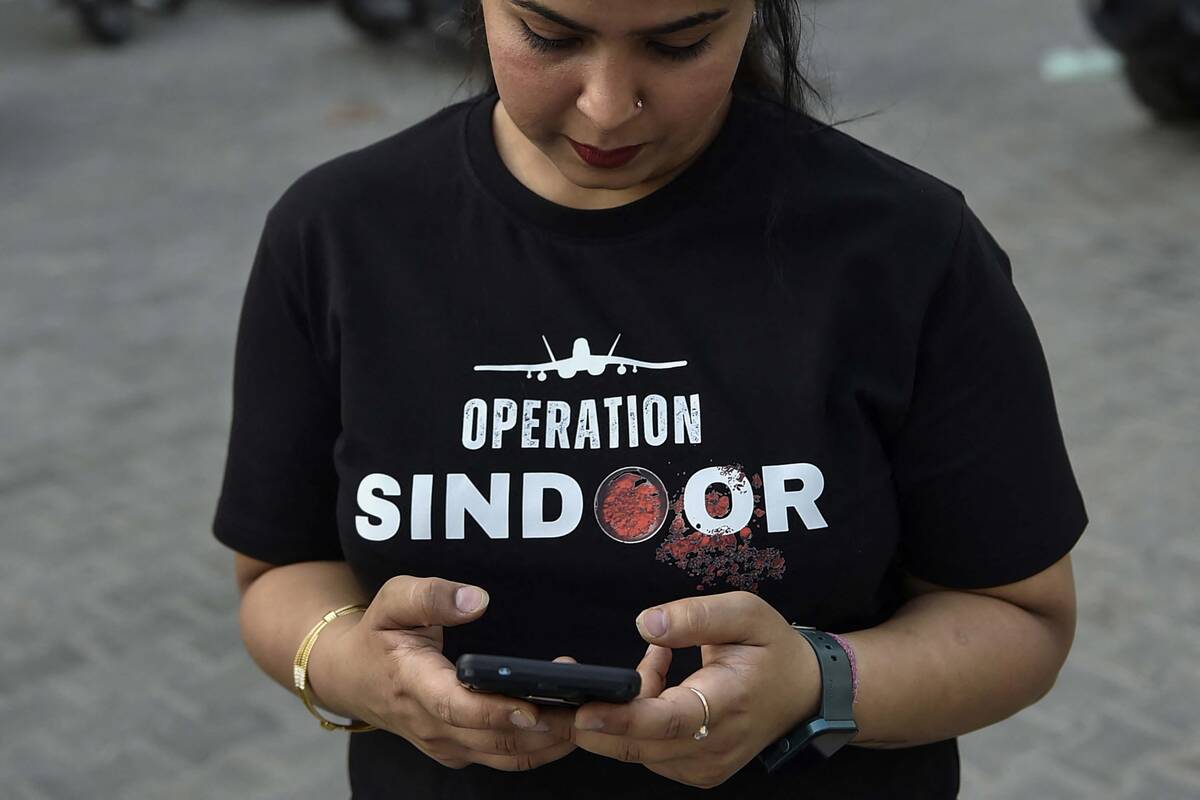ISLAMABAD: The Supreme Court of Pakistan on Monday declared an earlier decision by the Lahore High Court (LHC) to appoint judges to eight election tribunals in Punjab to hear petitions related to the February 8 polls as null and void, ruling in favor of the country’s electoral watchdog.
The Election Commission of Pakistan (ECP) had appealed against the LHC’s decision and sought clarity from the top court on whether the commission or the LHC chief justice has pre-eminence when it came to appointing election tribunals under Section 140 of the Elections Act 2017.
The controversy began in February when the commission asked the LHC for names of serving judges to be appointed to election tribunals in Punjab. The LHC provided the commission the names of two judges which were notified by the ECP. On April 4, the LHC chief justice nominated six more judges for their appointment to election tribunals out of which only two were notified by the ECP. The electoral watchdog sought more names from the high court for appointment to election tribunals in Rawalpindi and Bahawalpur.
In reply, the LHC chief justice objected to the ECP’s demand, stating that the commission never sought names of judges for their appointment to election tribunals in the past. In its July 12 verdict, the LHC ruled that a high court chief justice has pre-eminence or dominance in matters of appointment of election tribunals under Section 140 of the Elections Act 2017.
“The Supreme Court has set aside the June 12 verdict of the single bench of Lahore High Court and accepted the Election Commission’s review regarding the matter of constitution of election tribunals,” state-owned Pakistan Television News (PTV News) reported, adding that a five-member bench of the apex court headed by Chief Justice Qazi Faez Isa announced the verdict.
“The Supreme Court cited in its decision that the verdict given by the Lahore High Court cannot be quoted as a precedent in the future,” PTV News added.
Former prime minister Imran Khan’s Pakistan Tehreek-e-Insaf (PTI) party, which has leveled rigging allegations against the ECP in the past, criticized the judgment.
“The judgment given by Justice Qazi Faez Isa regarding the election tribunals seems as if he is in a hurry to pave the way for his extension,” PTI lawyer Shoaib Shaheen told reporters outside the Supreme Court.
Khan’s party has accused the government of attempting to grant an extension in tenure to Isa, who is widely viewed to be aligned with the ruling coalition and in opposition to its chief rival, the PTI, through a set of proposed constitutional amendments that it is yet to produce in parliament.
The government denies these allegations and says the amendments— expected to establish a federal constitutional court, raise the retirement age of superior judges by three years and modify the process for the top judge’s appointment— are aimed at providing speedy justice to thousands of litigants in the country.



















